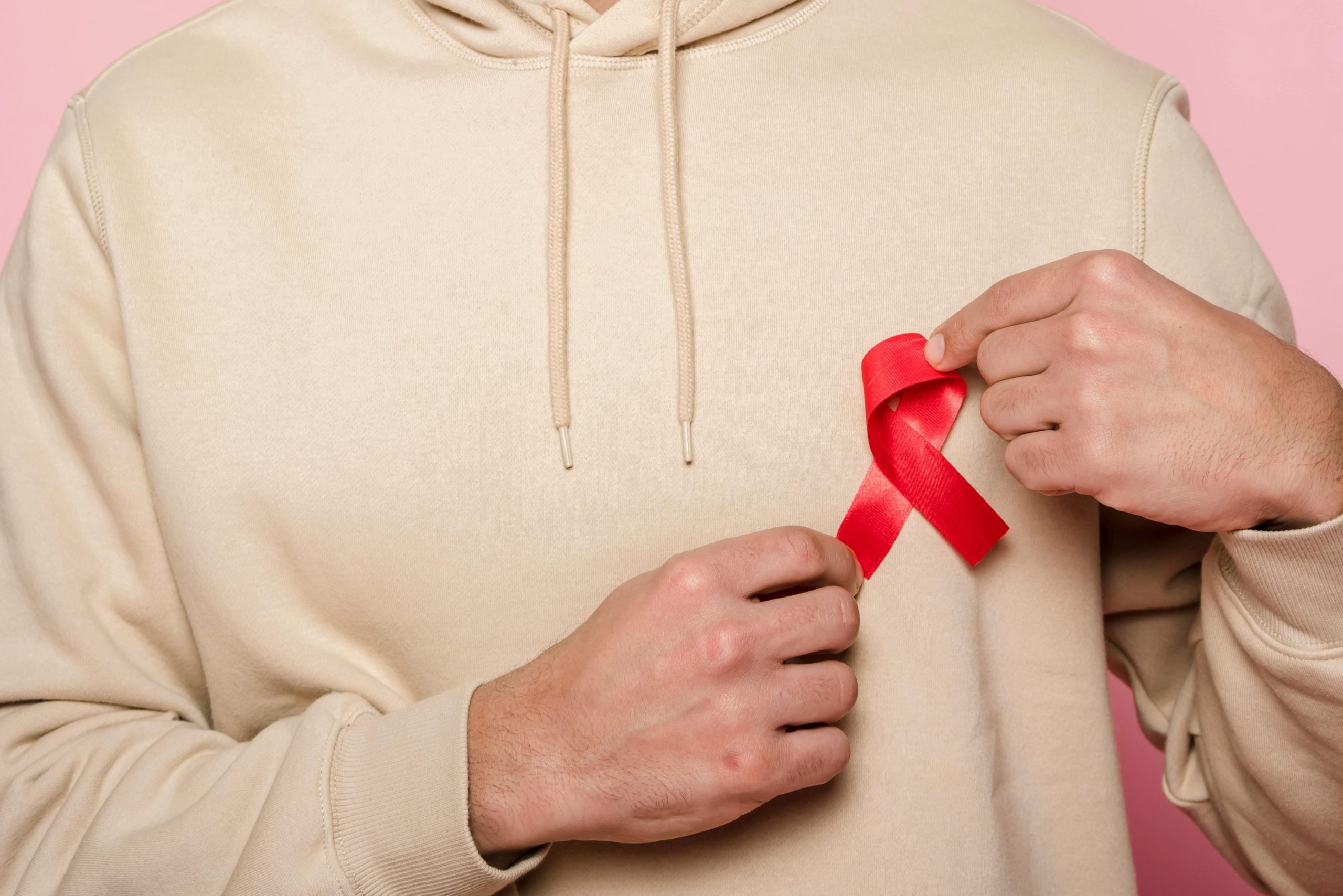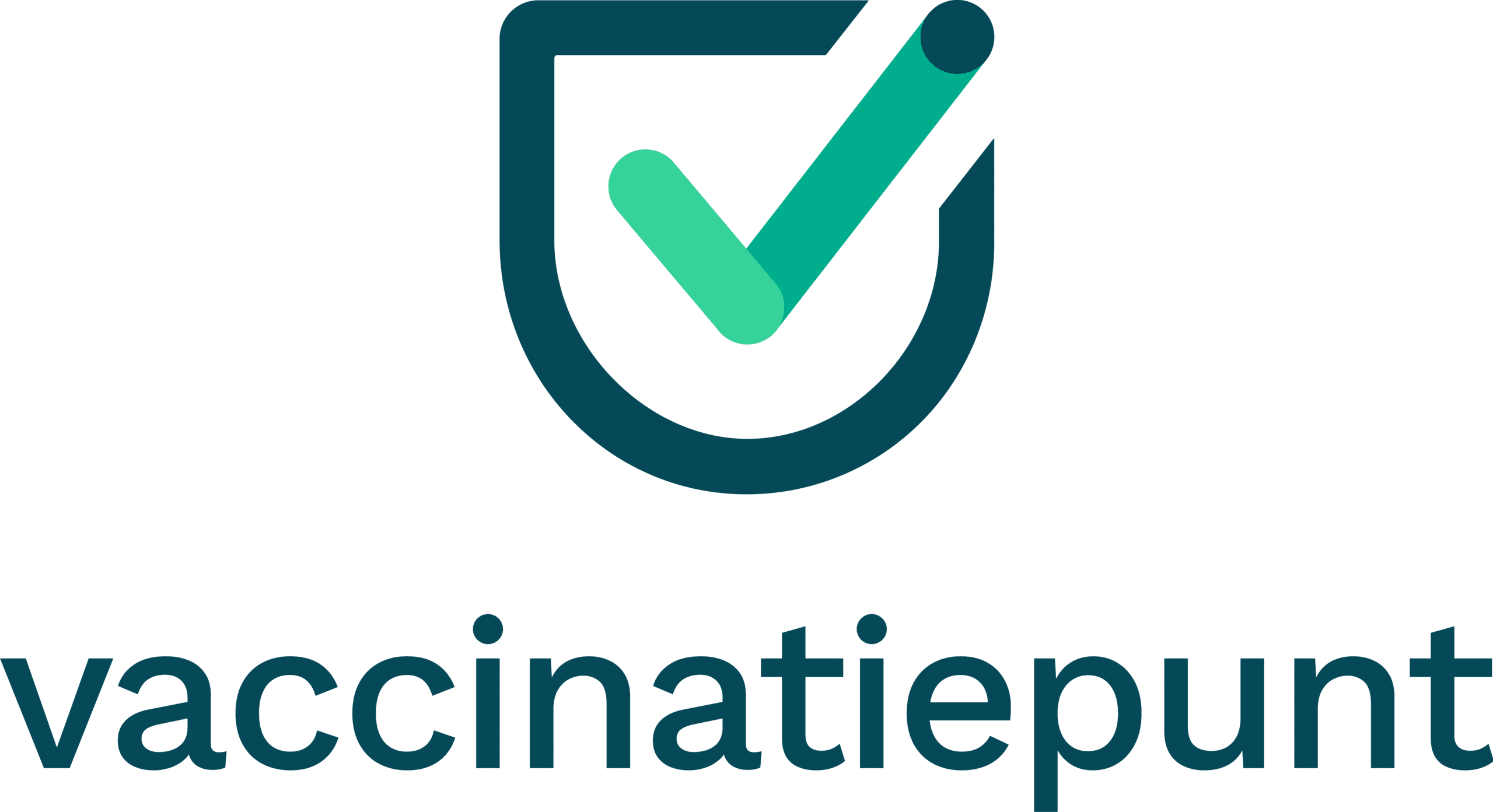
Key developments in HPV and cervical cancer
Recent studies and international initiatives re-emphasise the crucial importance of HPV vaccination and awareness in cervical cancer prevention. Below is an overview of some key developments.
Low vaccination coverage among young women with cervical cancer
A recent Dutch study found that only 15% of women under 30 with cervical cancer had been vaccinated against human papillomavirus (HPV). In comparison, in the general population within the same age group, at least 55% received the vaccination. This difference highlights the preventive potential of vaccination in preventing cervical cancer.
Gynaecologist-oncologist Luc van Lonkhuijzen (Amsterdam UMC) stresses, "We saw several young women with cervical cancer in recent years who had not been vaccinated."
This highlights the urgency to increase vaccination coverage and raise awareness around HPV vaccination.
International HPV Awareness Day 2025
Retrieved from March 4, 2025 found the International HPV Awareness Day will take place, a day dedicated to increasing knowledge about HPV and its preventive measures against the various types of cancer the virus can cause. Worldwide health organisations, including the International Papillomavirus Society (IPVS), events and campaigns to promote the importance of vaccination and early detection emphasise.
Men and HPV: An under-reported health risk
HPV prevention has long focused mainly on women because of its link to cervical cancer. However, recent findings show that HPV poses a significant health risk to men. The virus potentially leads to cancers of the mouth, throat, penis and anus, making it unprecedentedly important to broaden vaccination strategies and include both sexes in prevention campaigns. This will help combat the impact of HPV more effectively worldwide.
Recent insights and initiatives highlight the essential role of HPV vaccination and screening in preventing HPV-related cancers, both in women and men. Increasing vaccination coverage, raising awareness and implementing accessible screening methods are beginning steps to reduce the impact of human papillomavirus and improve health worldwide. For more information on vaccination and where to get it, visit Vaccination Point.
